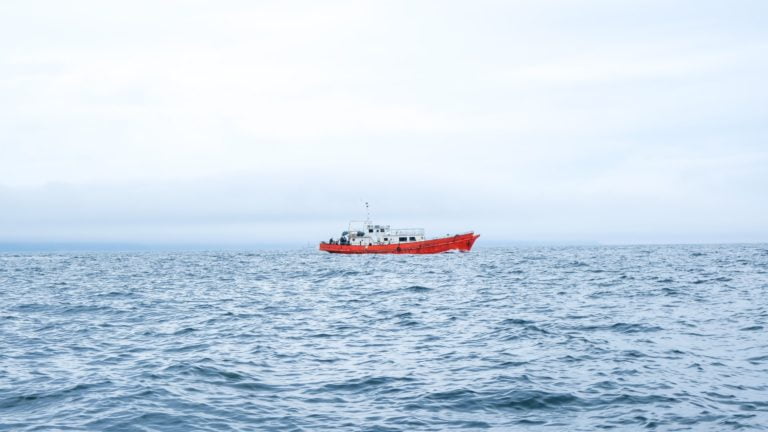
Category Security & Conflict


Bias and the Perceived China Threat
The Hacker and the State by Ben Buchanan
The Future of British Foreign Policy: Security and Diplomacy in a World After Brexit

The Governance Competition in the Americas: “Criminal Charity” During COVID-19 Will Have Decade-long Consequences
Latin America’s criminal groups have leveraged the coronavirus pandemic to win the goodwill and support of local populations by delivering humanitarian assistance and co-opting public service provision in communities underserved by state institutions. Such levels of “criminal charity” could complicate the future efforts of Latin America’s weakest states to dismantle and defeat organized crime groups, whose power has grown in recent years.

A Rendezvous with Destiny for Two Unsinkable Aircraft Carriers
Since the Trump administration designated China a “strategic competitor,” Sri Lanka and Taiwan have increasingly become plausible geopolitical flashpoints in the Pacific and Indian Oceans. How could Taiwan and Sri Lanka dictate the post-coronavirus endgame for China and the United States?

The African Union’s Institutional Approach to Transnational Terrorism
This paper examines the African Union's (AU) institutional approach to transnational terrorism. Specifically, its approaches in combating Al-Qaeda in the Islamic Maghreb (AQIM), Boko Haram, and al-Shabaab.

Indonesia’s Global Maritime Fulcrum: Confronting Maritime Irregular Warfare’s Twin Threats in the South China Sea and Maritime Southeast Asia
This paper examines Indonesia’s Global Maritime Fulcrum (GMF) initiative, and its present and future importance, primarily in combating the threat of maritime irregular warfare (MIW) in Southeast Asia. Specifically, it references the rise of grey-zone operations in the South China Sea, particularly by China.
The Indic Roots of Espionage: Lessons for International Security
In international scholarship, the enormous Indic legacy on formulating and categorizing spy networks is more or less forgotten. This analysis will address this void in scholarship by shedding light on the sophisticated Indic spy system.
A Post-Arms-Control World: The United States, Russia, and a New Policy Paradigm after the INF
As this historically significant arms-control treaty unravels, two of the world’s superpowers are heightening the potential for military conflict.
Women in Afghanistan: The Forgotten Objective
The US decision to focus on civil rights and institutions as a part of an overall counter-insurgency strategy was not a mistake. The suggestion that the United States has no obligation to address women’s rights in the negotiation process because “such rights have never existed in most of Afghanistan” is an insult to the thousands of women that have sacrificed for the American ideals of freedom and equality pushed by the Allies since 2001.
The Nuclear Spectrum
Much of the public discourse on nuclear security is based on the implications of binary scenarios: a nuclear state versus a non-nuclear one. This approach does not account for the fact that beyond these two positions lies a spectrum of relative nuclear capabilities and characteristics. Factors that determine the position of a state in this nuclear spectrum include the size of its nuclear arsenal, its delivery capabilities, the vulnerabilities of its nuclear infrastructure, and its tactical deployment strategy. The state’s relative position, in turn, produces different security implications.
